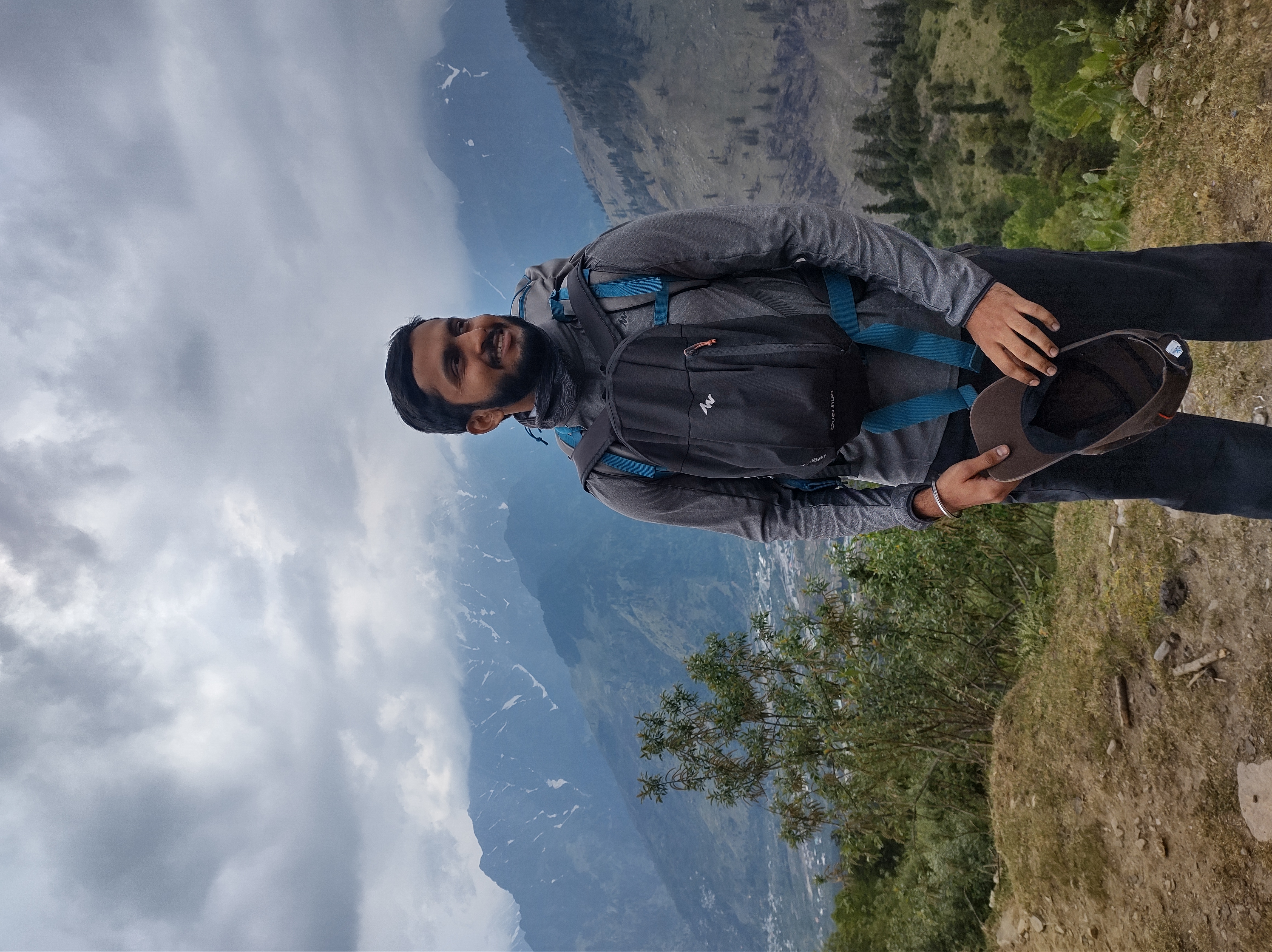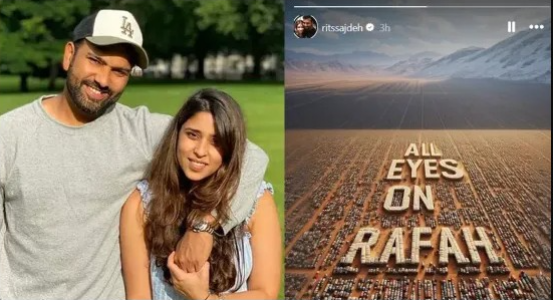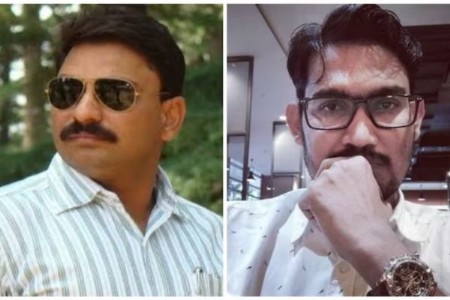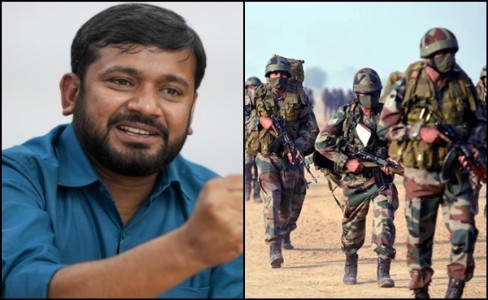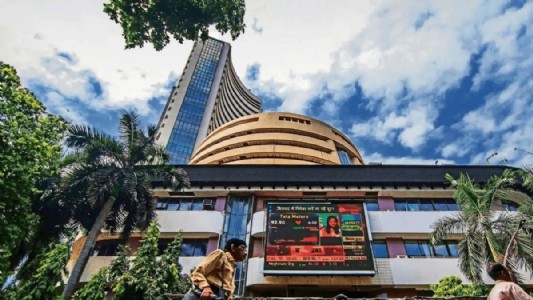The Iran #Hijab delusion
The Hijab dictate by the Iranian Islamic regime is not new at all. Since the Islamic revolution by the Khomeini in the late 70s, this radical implementation by the regime has become a daily affair.
Total Views | 1304
Tehran, Sept 20: On the 16th of September 2022, a 22-year-old Iranian woman Mahsa Amini was killed by the Iranian morality police in Tehran. Her crime was that she did not wear the Hijab in public. Most of us in India can juxtapose this incident to the Hijab controversy in our own country a few months back and enjoy the schadenfreude.
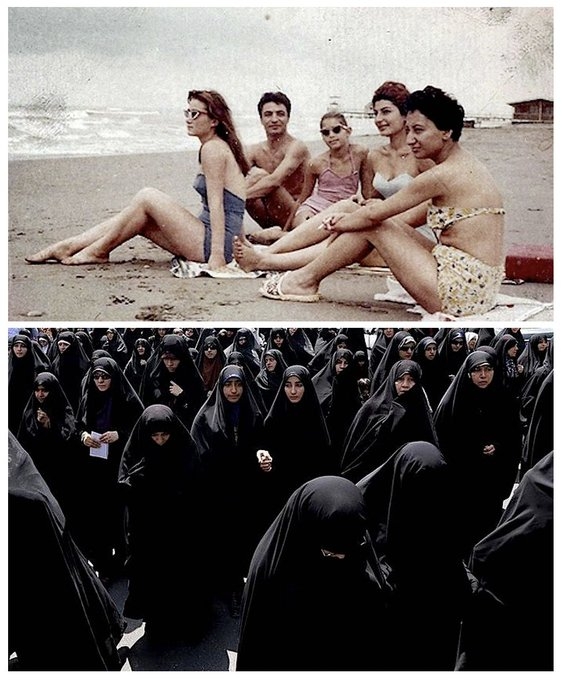
The Hijab dictate by the Iranian Islamic regime is not new at all. Since the Islamic revolution by the Khomeini in the late 70s, this radical implementation by the regime has become a daily affair. On this occasion, social media has successfully amplified the rightful grievances of the Iranian people, which has succeeded in organizing large protests in Tehran over this issue. One of the rare moments where social media becomes a force for good.
While we can and should show this example to our domestic audience to show them why Hijab and/or Burqa are a symbol of oppression around the world so that the Hijab doesn't become an issue of freedom of choice in India ever again. At the same time, the images which are going viral on social media show a few women in bikinis in Iran from the 1960s and early 70s and show women in a burqa in 2022 and claim that ‘Iran’ has changed in 50 years, depict a deceiving picture. While the authenticity of the images is not questioned, the caption is problematic.
The claim that Iran was a liberal society in the 60s and 70s is a delusional claim. While some parts of Tehran were quite liberal where one could see such images of women in a bikini, that cannot possibly be the appropriate representation of Iran as a whole. It would be like saying the Colaba area of South Bombay (yes not Mumbai and Bombay in this context) or South Delhi represents entire India. It absolutely does not. Not just India, but even the most developed countries of the west have a similar situation. The New York City of Los Angeles does not represent the United States of America. One of the main reasons behind the emergence of a figure like Trump is this disregard for the ordinary people of the hinterland. Trump is the culmination of a popular movement in the US hinterland. It is a revolt against the coastal ‘Elites’ of the USA.
Similarly, the Islamic revolution by the Khomeini against the Shah of Iran was a popular revolt. It had the popular support of the people of Iran, especially in rural Iran. The masses in rural Iran were also feeling alienated by the Shah of Iran’s liberal policies which were for them against Islamic values. They were also angered by the disdain of the Tehran liberal elite. This is why they supported this extremist Islamic scholar named Ayatollah Khomeini. The people of Iran, not the educated, liberal elites of Tehran, still support this regime. The Iranian people support the horrific and barbaric Islamic laws of the 6th century. They are not against the forceful implementation of these laws, they chose and supported Khomeini to do exactly this.
Also Read: 'Hijab police' killed an Iranian woman
Even in Afghanistan, the Taliban always enjoyed popular support among the rural masses. The people of Kabul who fled Afghanistan or tried to do so last year in August were the educated, liberal elites of Kabul. They do not represent the people of Afghanistan. The people of Afghanistan supported the Mujaheediins against the secular Najibullah regime. They subsequently supported the Taliban for over 20 years against the USA. While the USA captured Kabul and Kandahar and other city centers, rural Afghanistan still supported the Taliban and kept them alive. The Afghan people wanted the Taliban. Iran and Afghanistan have been Islamised deeply for the last 1300 and 1000 years respectively. Society is almost fully Islamised. The Zorastrian and Hindu heritage respectively has been completely forgotten and to an extent even repudiated. This is why to say that Islamization in these countries has taken place in the last 50-60 years would be a delusion.
Bharati Web
Mes, Pune


